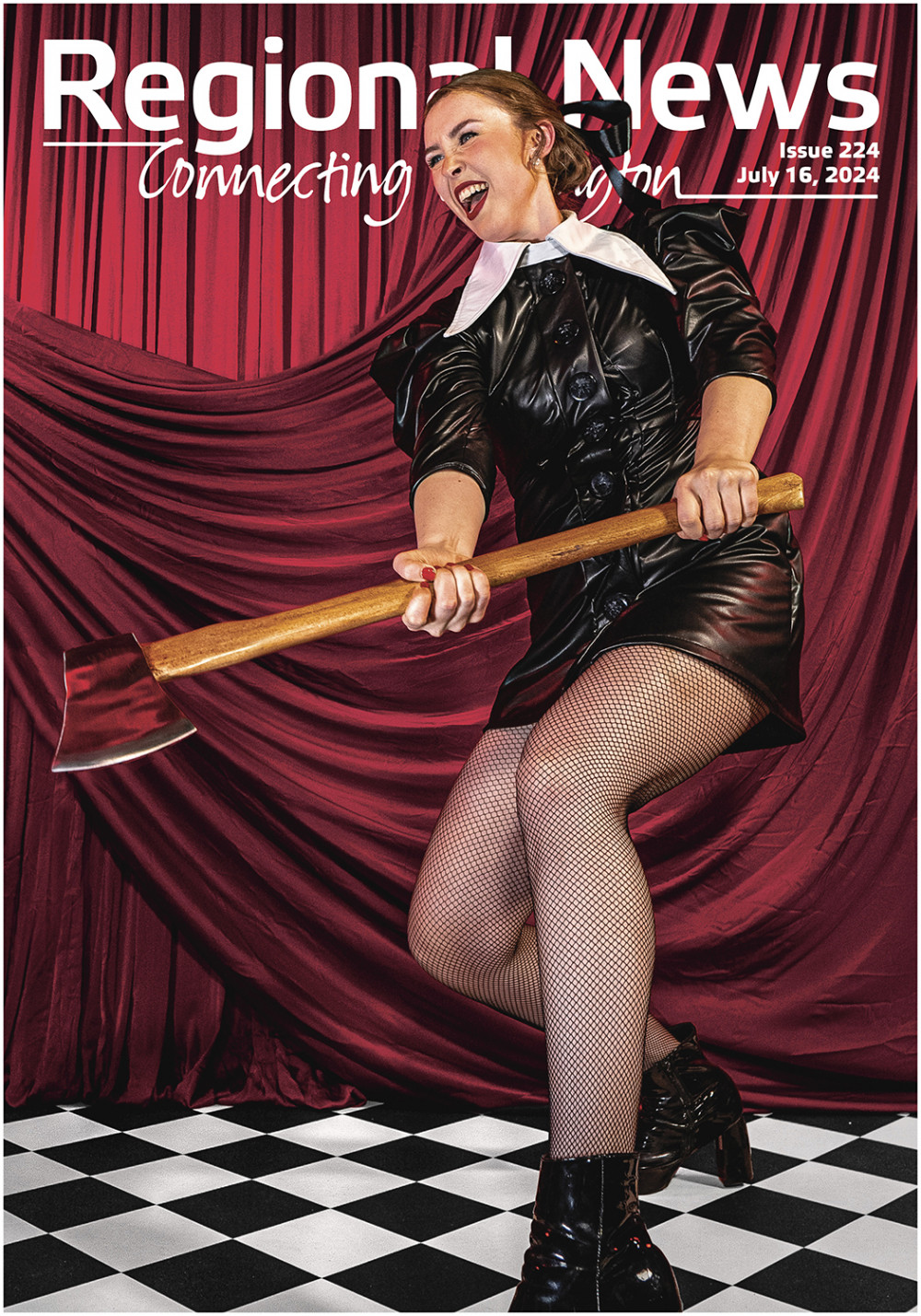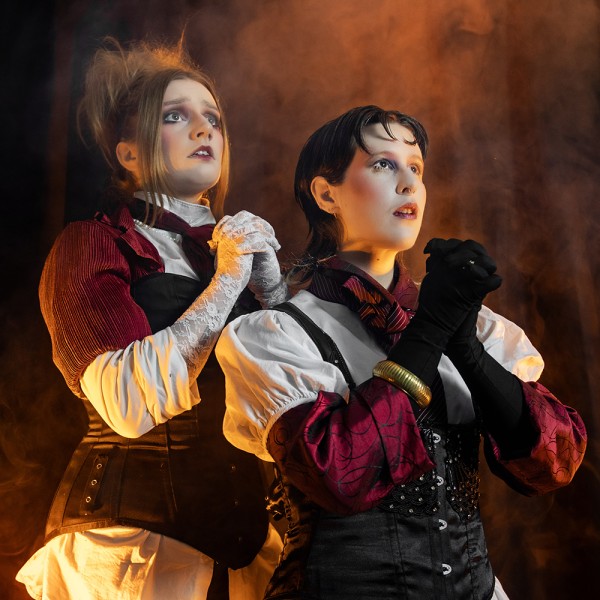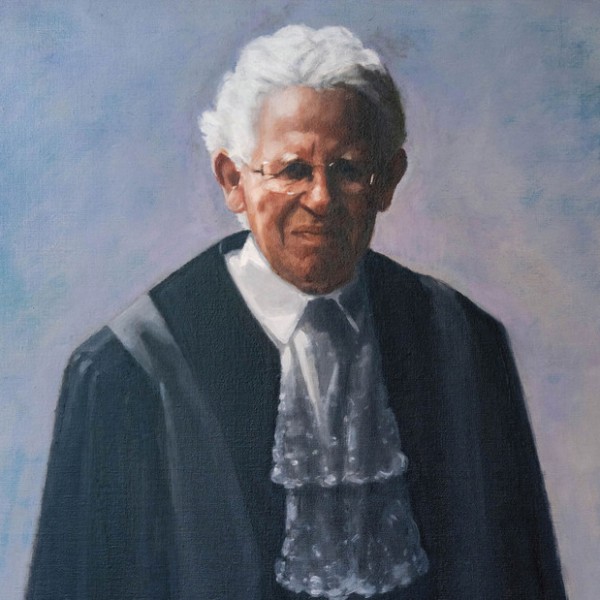
I don’t think I’ve ever before used the word “groundbreaking” to describe a book! I’m using it now because I’m reading Secret Art Powers by Jo Randerson. This book is so overwhelming that I had to stop reading it at intervals to fully experience and come to terms with my feelings of joyful recognition. I am a theatre practitioner and reviewer, so Randerson’s reflections, experiences, and observations, grounded in their love of theatre, resound especially strongly. That said, there is a wealth of material to interest and challenge other readers and even quirky illustrations “crowdsourced during sessions of group drawing”, Randerson acknowledges in their foreword.
“Art is a way of being,” Randerson continues, and this volume goes on to expand on that theme, and perhaps even more importantly, on its implications. The six powers they write about are explored – one might even say exploited – in the interests of art and the artist. None more so perhaps than their first power, which they title Lies. What could lies have to do with art? Plenty, Randerson asserts. Many truths exist and they are sometimes in conflict with each other. “The truth is rarely pure and never simple”, as Oscar Wilde wrote in The Importance of Being Earnest. And art can and does describe realities that have their own truth.
The secular world, and the political one, have difficulty with such a wide-ranging concept. Witness the pitifully small financial support given to artistic endeavours in this country compared to the vast amounts allotted to sport! I’m tempted to say that those in charge of such decisions suffer from a severe lack of imagination, sensitivity, and any valuing of the place of emotional response.
What does exaggeration in a theatre piece matter if it makes an important point? Why shouldn’t irony and satire be acceptable as ways of exposing wrong or corruption? These and similar arguments are skilfully and passionately presented by Randerson in their six parts: Lies is followed by Fluidity, Multiplicity, Wrong, Live, and Imagination.
Secret Art Powers has the subtitle: How creative thinking can achieve radical change. This book is a giant step in that direction.






















